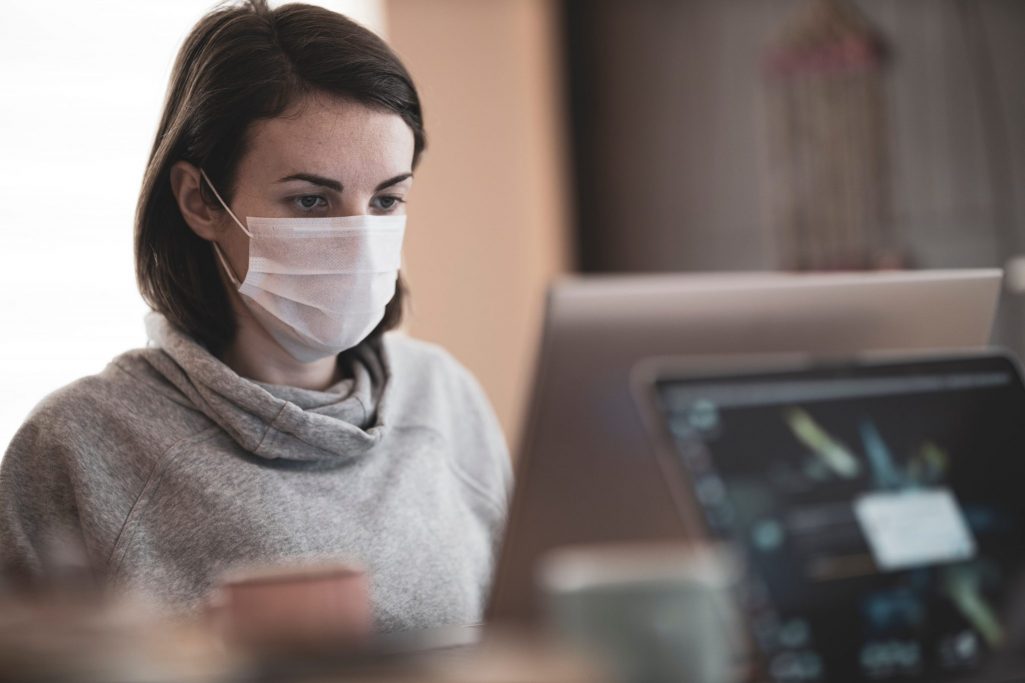Who Decides When Employees Are Fit Enough to Travel Again — And How?

Skift Take
It will be a delicate operation, but with the right systems in place, health checks could prove effective in reassuring employees that it's safe to get back out there.
For travel managers worldwide, the first phase of the crisis was about bringing staff back home safely. Now it's time to see who's ready to go back out.
Checking the fitness of employees used to be reserved for high-risk sectors, such as mining where staff would spend long periods away at remote work camps. But today, nearly every destination can be classified as a hotspot.
"There will be many schools of thought on how to approach this, as there were when we all adapted and enhanced processes after the Eyjafjallajokull ash cloud," said Jo McQuade, former travel manager at energy company npower.
Get the Latest on Coronavirus and the Travel Industry on Skift's Liveblog
She said travel managers will need to figure out who is going to actually give the green light to travel, with departments such as occupational health also needing to be involved. "It will be interesting to see who is up for taking the responsibility. This is absolutely about being prepared for when the world really does open up," she added. "The principles the industry has in place to manage duty of care today will need to be enhanced considerably." However, it's a question corporations need to be asking now, according to Dr. Myles Druckman, group medical dire